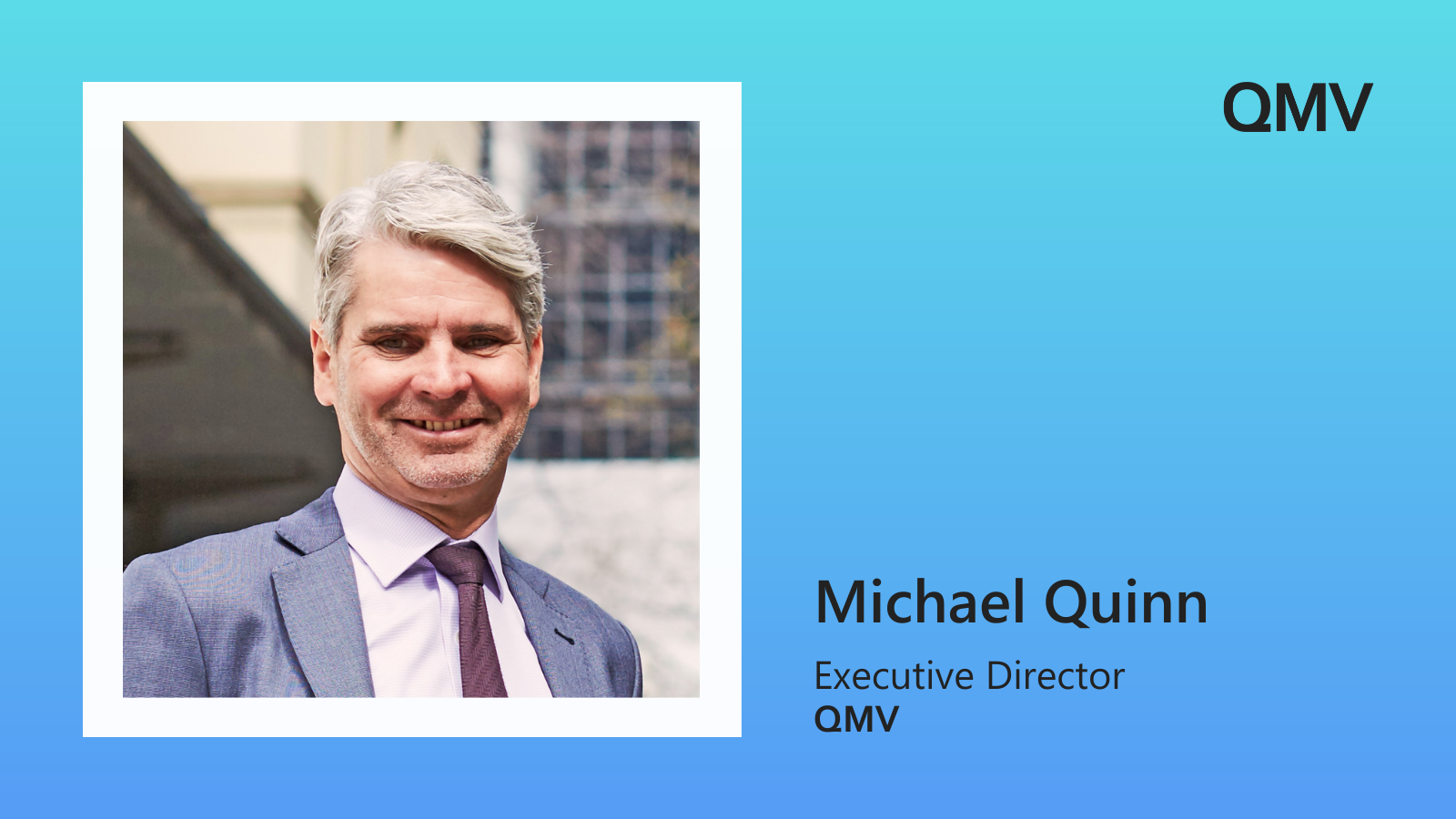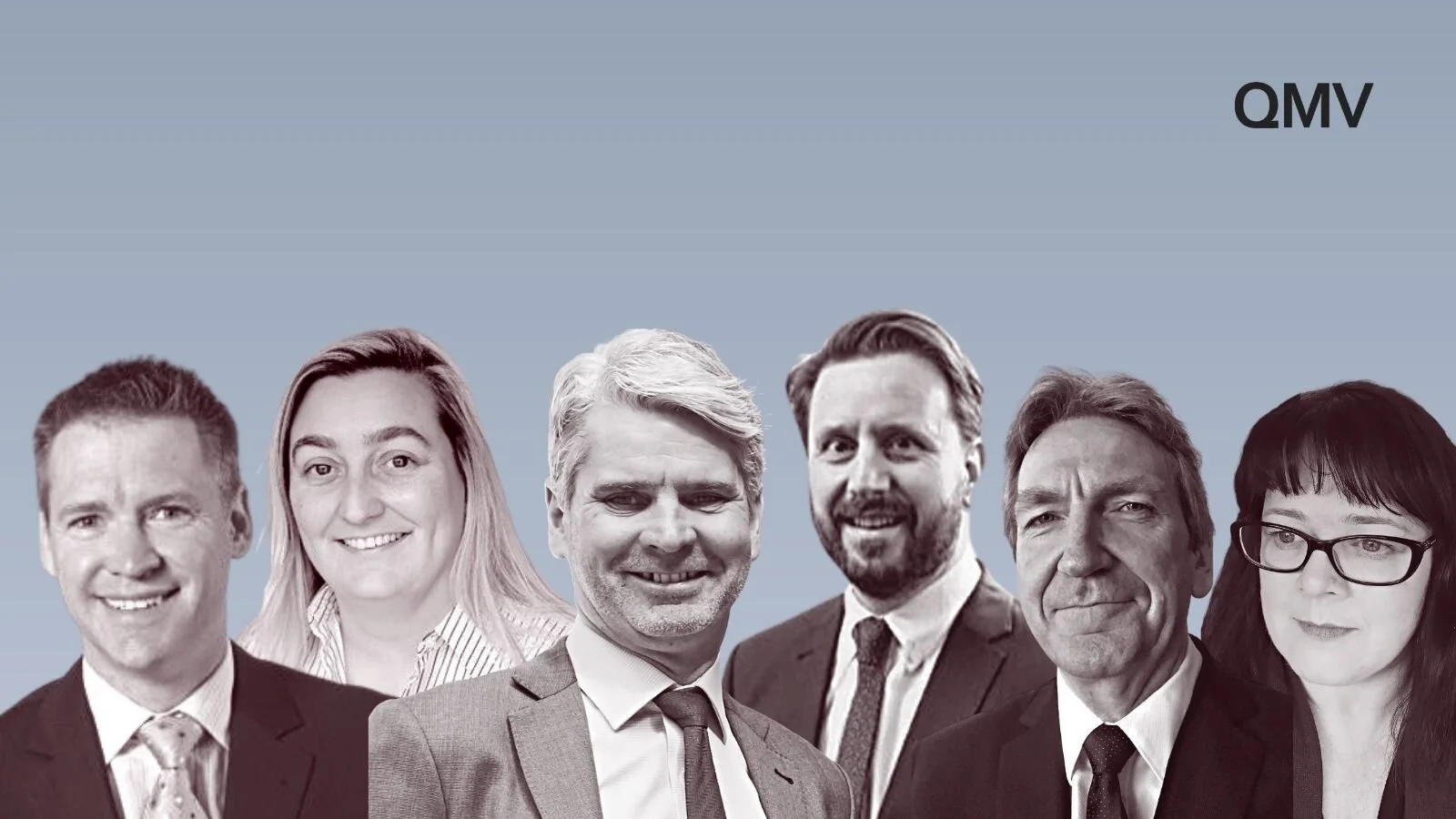Data remediation activities in financial services will never cease. The best that can be achieved is significantly reducing the frequency and scope of remediations over time. Remediation does not always indicate a negative financial impact to a customer, but it does indicate a negative financial impact to the organisation.
Read MoreOften, large scale data activities like generating annual statements requires data being transferred between systems and external providers. This can leave superannuation administrators exposed if they are experiencing data quality issues leading to loss of reputation and increased rectification costs.
Read MoreMost organisations don’t plan for remediation, their approach is often disjointed, reactive and inefficient. As leaders in remediation, we understand the importance of accuracy, timeliness and communication. At QMV, we believe specialised remediation experts with developed processes, calculation models and the right technology can fast-track remediation work, deliver quality outcomes and reduce costs.
Read MoreA high-performance mentality that promotes collaboration and information exchange is fundamental to realising a fund’s key objectives like developing tailored strategies and products, better meeting member expectations and various uplifts across automations, data quality, emerging technologies and compliance.
Read MoreThe Supreme Court of New South Wales issued a judgement in Application of MLC Investments Limited [2022] NSWSC 1541 which is relevant to the issue of whether superannuation trustees are at risk of committing offences under the Crimes Act 1900 (NSW) where it receives benefits in the course of changing trustee or giving effect to a successor fund transfer.
Read MoreLegislative and regulatory reform has had and will continue to have a significant impact on the superannuation industry. Fund Trustees are faced with the challenge of developing and implementing cost-effective solutions to meet their obligations, often within a condensed timeframe. Therefore, we have outlined six steps in this article that will provide you with the structure and help with successful implementation.
Read MoreOn 27 September 2022 ASIC released Regulatory Guide 277 Consumer Remediation (RG 277) which is intended to supersede the existing guidance in Regulatory Guide 256 Client review and remediation conducted by advice licensees (RG 256). RG 277 is a significant expansion of ASIC’s remediation guidance and now applies to all Australian Financial Services (AFS) and Australian Credit licensees, including superannuation trustees.
It is important to note the guidance within RG 277 applies to all remediation activity from 27 September 2022; however licensees may still utilise RG 256 for any remediation programs already underway at this date.
Read MoreThe quality of data is imperative to strategic decision making, agility, productivity, and survival and qrganisations are beginning to realise that the consequences and risks of making incorrect decisions is now far greater and getting to the point where data is accurate and reliable to derive a "correct” single view of the customer will take commitment, effort, and investment from the financial institutions.
Read MoreTwo weeks ago I spent a day in a shed with people from ART (Australian Retirement Trust was formed by the merger of QSuper and Sunsuper), on a campaign for supporting the local members of the fund. ART visit the island to provide personal information to the local members about their superannuation entitlements and answering their questions about all things retirement.
Read MoreRedesigning a fund’s operating model often involves introducing new systems, migrating from or switching off legacy systems, adding new resources and/or reskilling staff. Funds with established operating models view this change as an unnecessary expense. Shedding this myopic view of the way funds operate is key to the best outcomes for the Trustee and its members.
Read MoreThe key measure of success for any Trustee expense is how it can be expressed in terms of benefits to members. Providing members with more opportunity for higher returns, lower fees and better service are the most common high-level justifications. This can be much trickier for funds considering a merge or SFT.
Read MoreOngoing merger and business transformation activity in superannuation is driving a staggering rate of change and has giving rise to the most interesting transition work QMV has ever faced.
Read MoreHeightened merger, successor fund transfer and digital transformation activity in superannuation has seen QMV reach the 500 milestone in transition capability. To mark this achievement, we have interviewed a mix of our most experienced transition experts on their personal approach, important traps to be aware of and of course the secret sauce!
Read More














